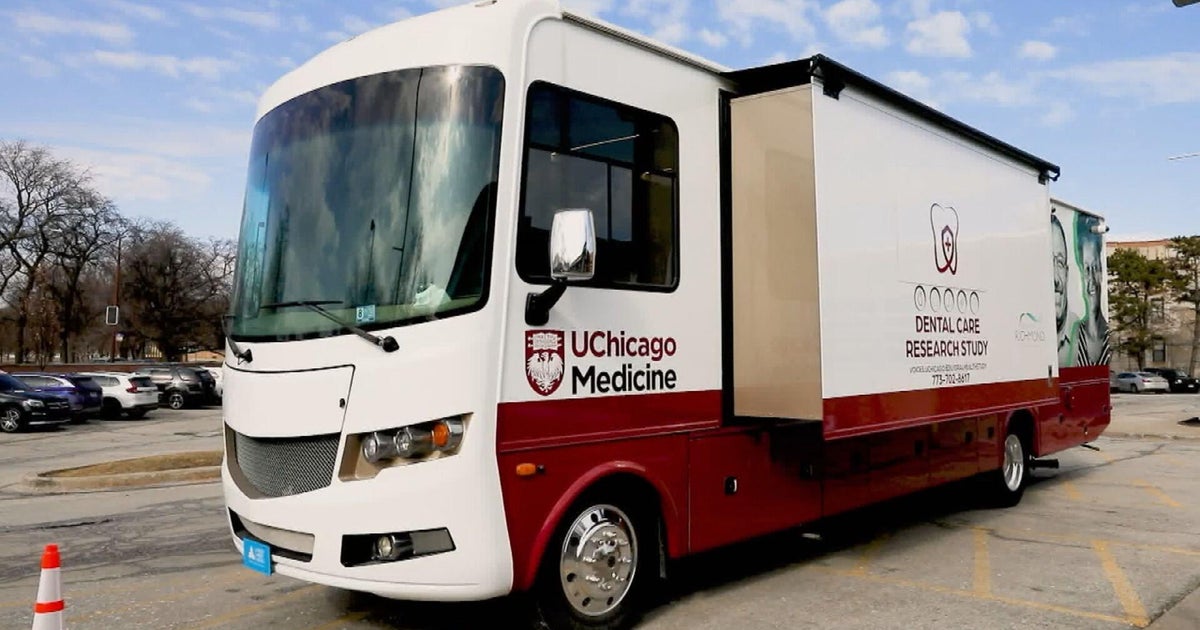Health: DePuy Hip Implant Causing Lasting Problems For Local Patients
By Stephanie Stahl
PHILADELPHIA (CBS) -- Growing concerns about a defective medical device, and a lack of oversight. Why were so many people being injured by implants that are FDA approved? Who's watching out for you? 3 On Your Side Health Reporter Stephanie Stahl takes a closer look.
She might look fine, but Faye Madgitz had dangerously high levels of heavy metal in her blood.
"It's a time bomb," said Faye.
Larry Hebdon also has metal in his blood, and he has trouble moving.
"Just a horrible, horrible situation," said Larry. He and Faye both had hip replacement surgery using a DePuy ASR hip implant.
After seven years on the market it was recalled, but not before tens of thousands of patients had to undergo difficult and painful surgeries to replace the DePuy hip.
Larry developed many life threatening complications, and was given last rites several times.
"I was thinking ya know maybe I'm going to be planning a funeral. I really did," said Ruth Hebdon, Larry's wife.
"It was totally debilitating. I could barely walk. It was popping, grinding," said Faye.
Experts say the potential problem with metal on metal hip implants is they can shed pieces of cobalt and chromium that sometimes penetrate surrounding tissue, and contaminate blood, potentially causing a number of issues.
DePuy, a unit of Johnson and Johnson, recalled the ASR implant in August last year, but there are allegations the company and the FDA knew about problems with the implant long before the recall.
DePuy says it, "... regularly reviewed and evaluated data from a variety of sources… We believe we made the appropriate decision to recall at the appropriate time given the available information."
"It's really tragic. People are permanently disabled now. They will never be able to get the functionality or quality of life that had had hoped," said Jamie Sheller, a Philadelphia lawyer. She is representing Faye and Larry, and others, in lawsuits filed against DePuy and Johnson and Johnson.
"I would say it's just unconscionable that they could do this to human beings," said Ruth.
Some say part of the problem is the FDA's 510(K) process, which is how the DePuy implant was cleared.
That's where devices get cleared for sale faster, if they are "substantially equivalent" to existing products, in this case plastic implants.
"The problem is most of these devices have never under-gone human testing prior to getting on the market," said Dr. Steven Nissen, with the Cleveland Clinic.
Critics say there's not enough oversight once devices are cleared by the FDA, and no registry for defective medical devices, like there is in other countries.
"I think it's tragic that our health system has gotten so far away from safety," said Jamie.
"It's a train wreck. It really truly is," said Faye.
An FDA spokesperson told me, "all hip replacements have risks, and when the DePuy was cleared the benefits outweighed the risks."
In May, the FDA decided to review problems with metal on metal implants, that's currently underway.
RELATED LINK:







